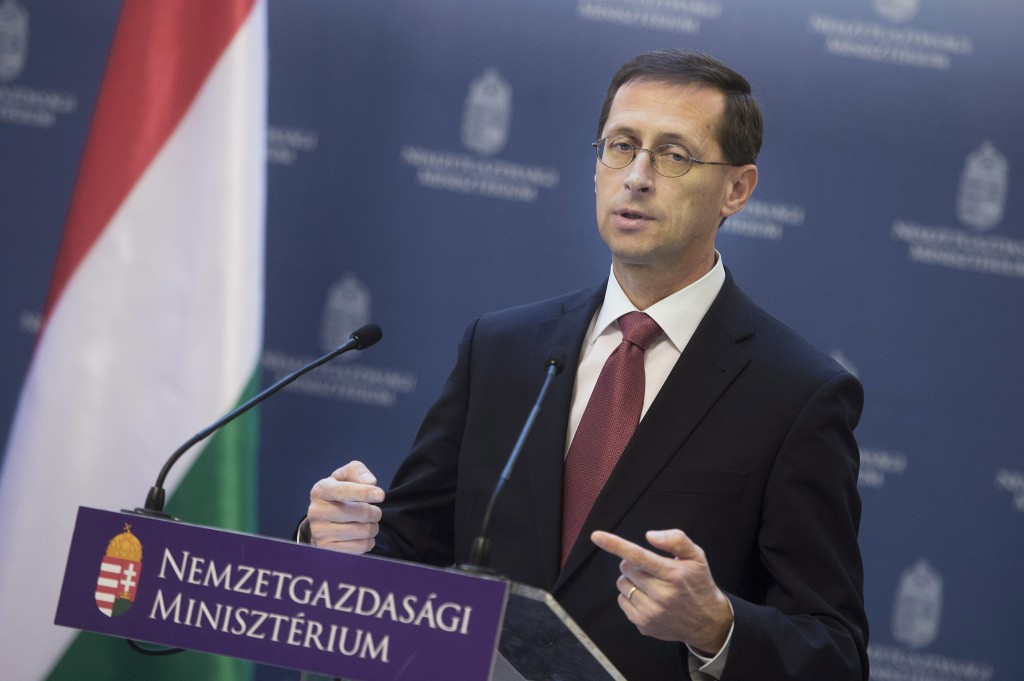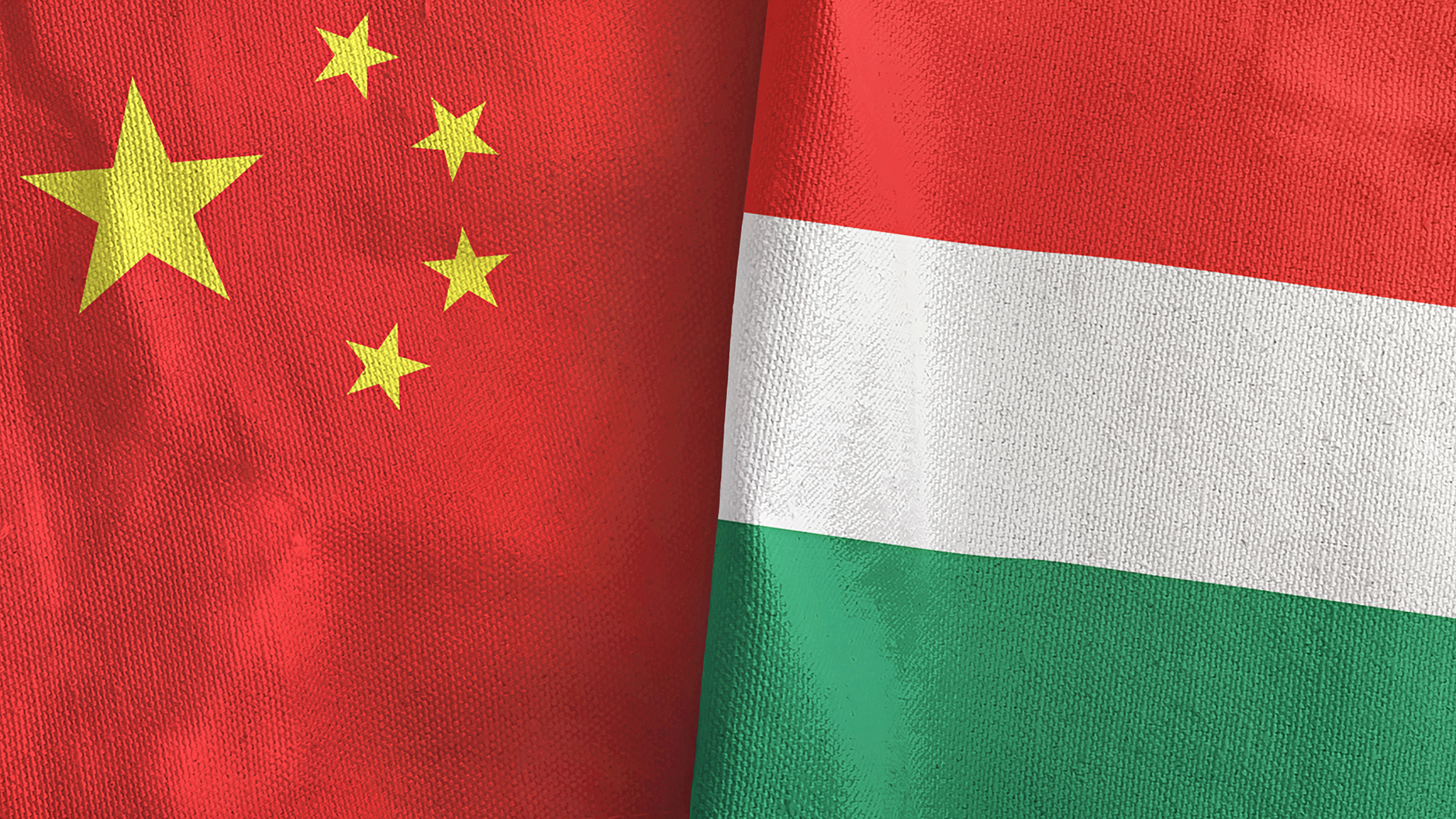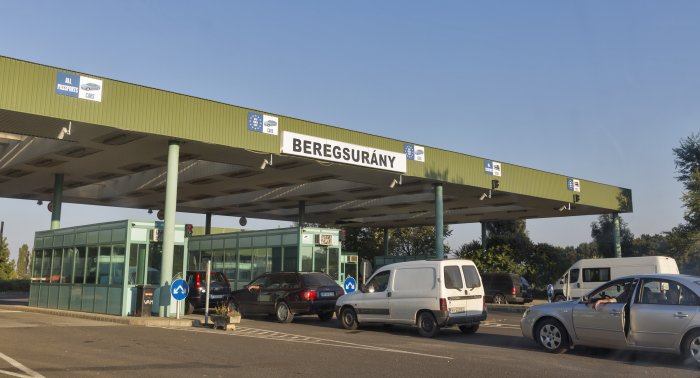Government levels growth hopes on exports

Expectations that the Hungarian economy will assume a growth trajectory seems to be gaining support from the country’s main export markets also finding a more solid footing. However, the government’s embrace of the east hasn’t yet borne the hoped-for fruits, so the best hopes remain with the continued recovery of the European Union, and most especially Germany.
Hungary’s exports will expand by 2% to 2.4% this year and the country’s trade surplus will surpass €7 billion by the end of the year, Economy Minister Mihály Varga said, which means the latest trend in the expansion would continue. Figures from the Central Statistics Office (KSH) show Hungary’s exports grew by 2.2% in 2013 from the year before.
Market analysts are now expecting the country’s overall economy to grow 2-2.5% this year from 2013, driven by manufacturing and agriculture and the absorption of products from these sectors abroad.
The latest KSH figures underline the prospect that continued economic expansion would only come from Hungary’s foreign markets, since households still lack a critical volume of disposable income. The breakdown of the 2013 GDP figures shows that domestic consumption was negative in the first quarter and even in the ensuing expansion periods; the biggest increase of the year was 2.5% in the second quarter.
The fact that domestic spending hasn’t picked up yet was also indicated by the December retail figures released by KSH, which showed that the sector expanded by only 1.8% despite the annual Christmas and New Year shopping boost.
Alternative markets
Another government objective Varga reiterated is the aim of increasing the share of exports to non-EU countries and regions from the current one-fifth of total to one-third by 2018. He stressed that, in addition to export market diversification, a government priority is to boost the proportion of exports by Hungarian SMEs by helping them to enter international markets.
In particular, the government has its eyes set on Asia under its ‘Opening To The East’ strategy. To date, there have been limited results. Talks with China have mostly resulted in upping the activity of the Chinese administration in Hungary, but targeted at its own businesses. These materialized in financial support for chemical company Borsodchem, owned by China’s Wanhua. The latest round of bilateral talks has brought commitment from Bank of China to up its activity in Hungary, but mainly to better support its compatriot companies in the region.
Other areas of outreach, like the controversial approach to Azerbaijan, have also yielded muted results. In fact, the extradition of Ramil Safarov, a convicted murderer, who was promptly pardoned, freed and feted as a hero once landing in Baku remains a major embarrassment for Hungarian diplomacy and the events have left a permanent blemish on relations with Armenia, the home nation of Safarov’s victim, Gurgen Margaryan.
Of course, there is Hungary’s newfound affection for Russia, which was in stark contrast with the reigning Fidesz governments’ rhetoric. Signing the deal to commission Russia to implement the expansion of the Paks nuclear power plant happened just before President Vladimir Putin found himself at odds with the rest of the world over Russia’s actions in Ukraine and the possible breakup of the country.
Sticking to traditions
Although there is a separate office aimed at enhancing foreign trade relations with Péter Szijjártó as its state secretary, and despite his multitude of visits throughout the world, including many trips to the east and Middle East, there hasn’t been any notable change in capital inflows or a reshuffle in the composition of investors.
The KSH figures show that 77.1% of Hungary’s 2013 exports were destined for EU countries, with more than 25% going to Germany. Although exports to China also grew by 6.9%, the €1.5 bln total is still a comparatively small sum when weighed against the established markets.
Accordingly, the government will be keeping its eyes on its traditional and most significant market, the European Union, even as politicians bad-mouth the bloc.
The projections here are favorable. The European Commission expects growth to pick up in the eurozone, with the currency bloc’s economy growing 1.2% in 2014 and 1.8% next. More importantly for Budapest, Germany, Hungary’s biggest trade partner, is expected to grow 1.8% this year and 2% next, after a modest, 0.4% expansion in 2013.
SUPPORT THE BUDAPEST BUSINESS JOURNAL
Producing journalism that is worthy of the name is a costly business. For 27 years, the publishers, editors and reporters of the Budapest Business Journal have striven to bring you business news that works, information that you can trust, that is factual, accurate and presented without fear or favor.
Newspaper organizations across the globe have struggled to find a business model that allows them to continue to excel, without compromising their ability to perform. Most recently, some have experimented with the idea of involving their most important stakeholders, their readers.
We would like to offer that same opportunity to our readers. We would like to invite you to help us deliver the quality business journalism you require. Hit our Support the BBJ button and you can choose the how much and how often you send us your contributions.








